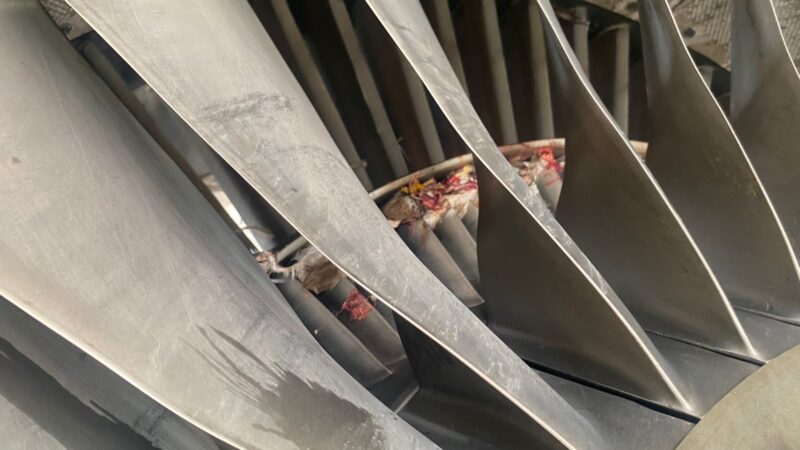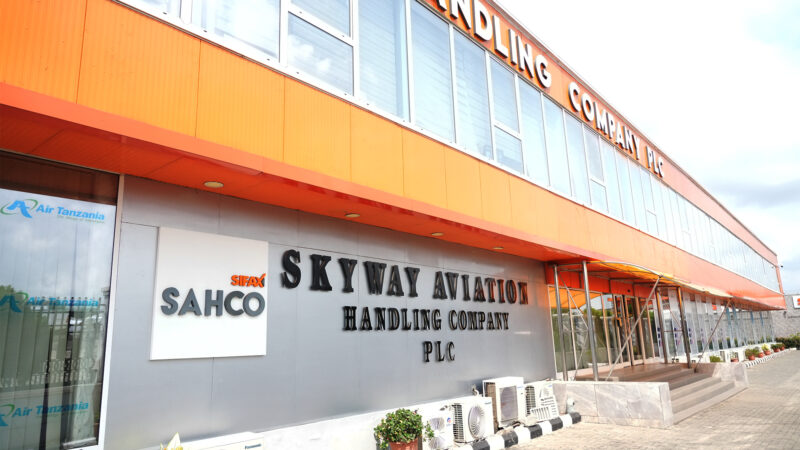Dangote refinery receives one million barrels of crude oil, targets local, regional supply

The management of Dangote Refinery has officially acknowledged the receipt of its inaugural one million barrels of crude cargo, a crucial step in enhancing Nigeria’s domestic refining capabilities and achieving energy security.
In a statement, the President of Dangote Group, Aliko Dangote, emphasised the significance of this milestone, highlighting the country’s ability to undertake and complete substantial capital projects.
“This is an important achievement for our country as it demonstrates our ability to develop and deliver large capital projects. Our focus over the coming months is to ramp up the refinery to its full capacity. I look forward to the next significant milestone when we deliver the first batch of products to the Nigerian market,” he said.
According to him, the Dangote Petroleum Refinery and Petrochemicals plant purchased one million barrels of Agbami crude grade from Shell International Trading and Shipping Company Limited, one of the largest trading companies globally, trading over eight million barrels of crude oil per day.
“The STASCO cargo contained one million barrels from Agbami and sailed to Dangote Refinery’s Single Point Mooring where it was discharged into the refinery’s crude oil tanks,” the company said.
The refinery, set to ramp up to full capacity in the coming months, aims to deliver its initial batch of products to the Nigerian market.
The acquisition of one million barrels of Agbami crude from Shell International Trading and Shipping Company marks the first phase of a larger supply plan, with subsequent cargoes to be provided by the Nigerian National Petroleum Company and Exxon Mobil.
It said this development is expected to address fuel supply challenges not only in Nigeria but also in neighboring West African countries, starting with the production of diesel, aviation fuel, and LPG, followed by Premium Motor Spirit.
“This latest development will play a pivotal role in alleviating the fuel supply challenges faced by Nigeria as well as the West African countries,” the company added.







